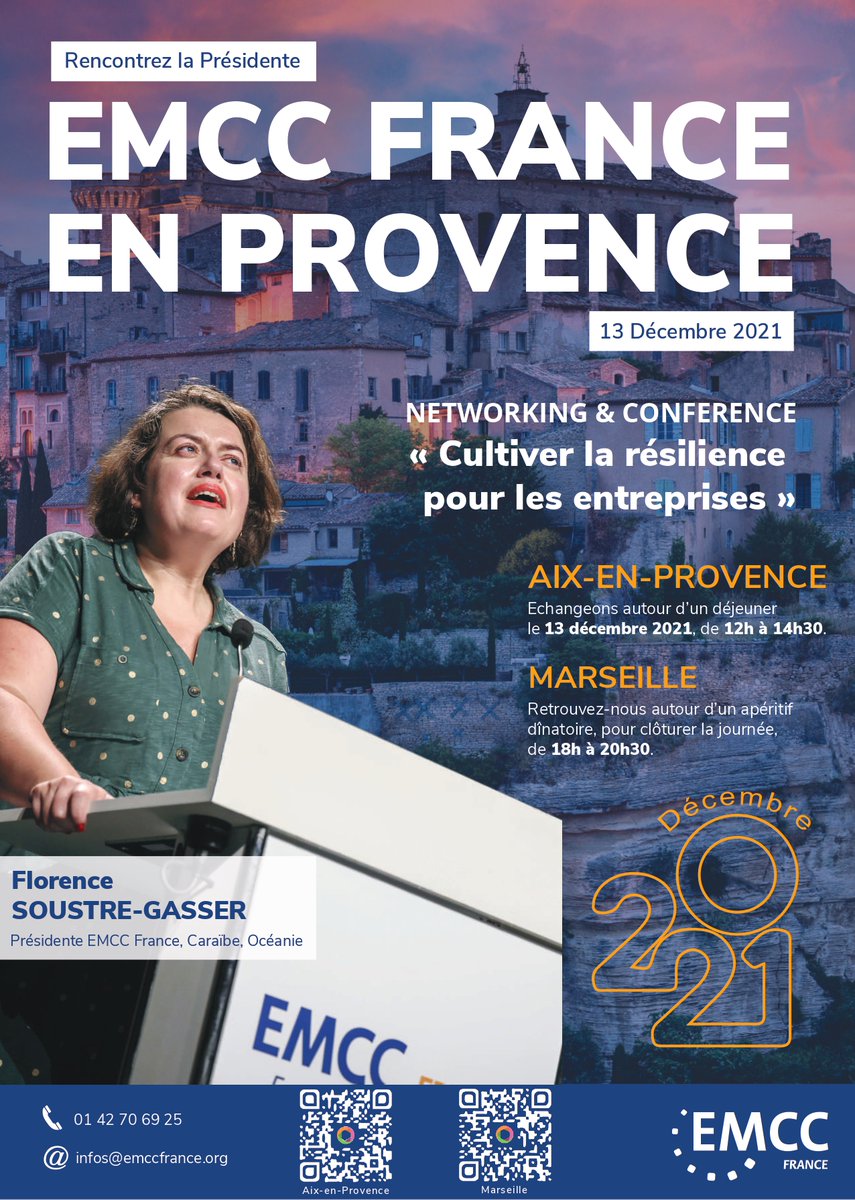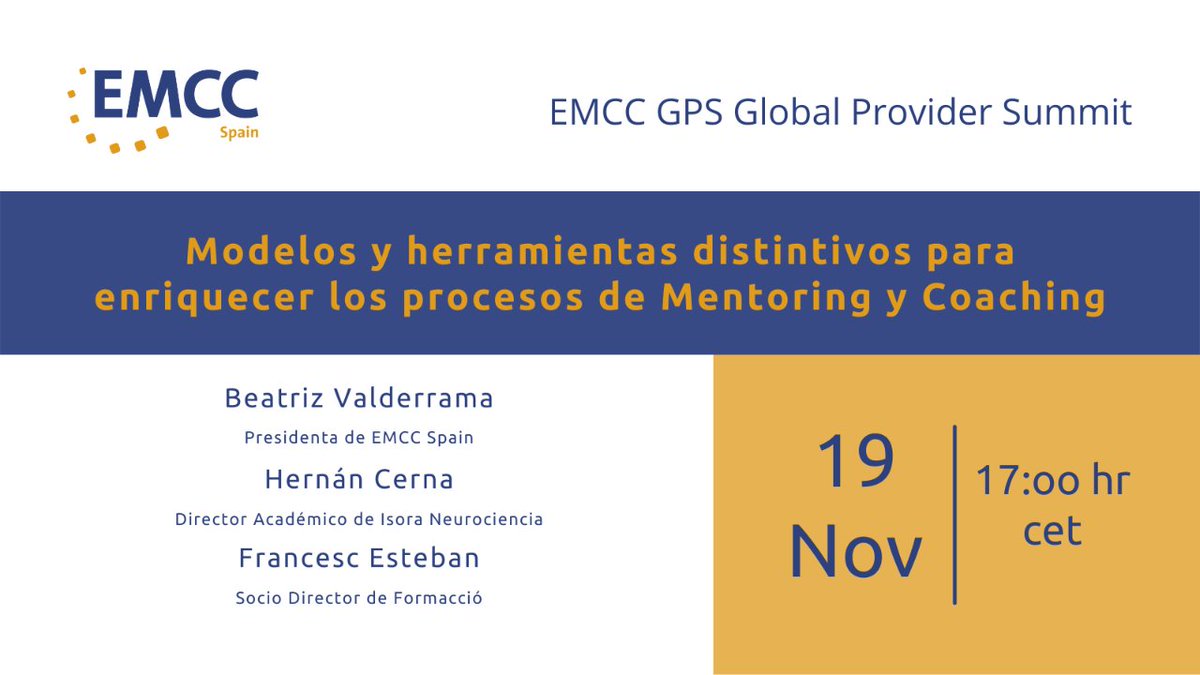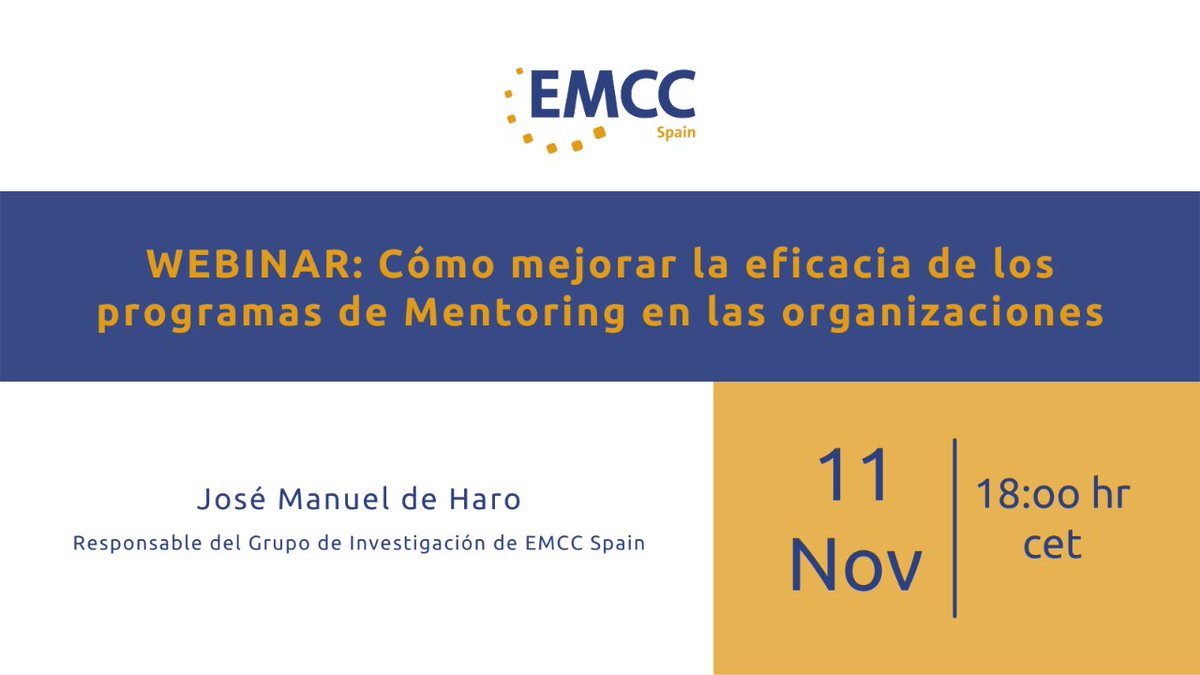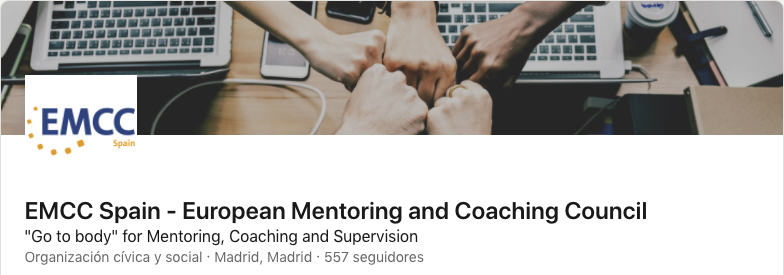The business environment has been evolving rapidly worldwide, where we have seen immense changes in the different roles that staff members need to play. As such, consultative selling has become more critical than ever before in the current age, compared to the features, advantages and benefits (FAB) methodology that was commonly used long ago. Employees need to possess enough up-to-date skills to keep themselves abreast of the changing frameworks of operation. Therefore, the business world has observed that successful organizations have developed their employees through coaching and mentoring in the last two decades.
A quest for a proper definition
Since it was difficult to distinguish between coaching and mentoring, the European Mentoring and Coaching Council (EMCC) was established in 1992 as the European Mentoring Centre (EMC) before becoming EMCC in 2003. The vision of the EMCC was to develop, promote and set the expectation of best practices in mentoring, coaching and supervision globally for the benefit of society. Its vision is to be the "go-to" body in mentoring, coaching, and supervision.
The EMCC was assigned a mission to:
- “Establish whether there is an underlying set of core competencies common to all types of coaching and mentoring practice”, and to
- “Identify whether it is possible to draw existing standards and competencies for all types of coaching and mentoring into a common framework.”
The use of the words "whether there is" and "whether it is possible" in the two aims of EMCC’s mission clearly implies a quest to embark on giving coaching and mentoring a proper definition and standard.
Seven main differences
A series of crucial dimensions can be used to understand the similarities and differences between coaching and mentoring. The measurements include formality, contract length, outcome focus, business knowledge, training, clients and supervision.
- Level of formality – Coaching is more formal than mentoring in the sense that a third-party organizational client is involved in the contract or the ground rules, which are set in the beginning. On the other hand, mentoring is less formal since the agreement in the front is most typically between two parties.
- Length of contract – It is observed that coaching happens typically between four to twelve meetings, which are settled over for the duration of two to twelve months. In other words, coaching is meant for a shorter term. Conversely, mentoring is intended for a more extended period, usually after an indefinite number of consultations with relationships often lasting over three to five years.
- Outcome focus – Coaching is more performance-focused than mentoring, which is more career-focused. While coaching usually emphasizes short-term competencies and job performance, mentoring focuses on long-term career concerns by endeavoring for the right experience.
- Level of business knowledge – Coaching is vaguer since coaches are typically expected to understand business actualities. Nevertheless, mentoring is more specific in sector knowledge since mentors are expected to possess a comprehensive understanding of the business sector.
- Training – While coaching is more about relationship training, mentoring is precisely seen as more about management training. Conventionally, coaches originate from a human resource or psychology background or have gone through professional coaching training. However, mentors usually have experience in senior management, with limited coaching/mentoring training.
- Client – Coaching involves a dual client with a twofold focus on the individual’s needs and the organization. Nonetheless, mentoring involves a single client with a single focus on the needs of the individual.
- Supervision or support – Coaching involves a coach who is constantly under supervision as per their Continuing Professional Development (CPD). But mentoring involves a mentor who may have recurrent meetings or briefings from the human resource department if the mentor is based within the organization.
How does coaching/mentoring bring value to the client?
There exist two common grounds for coachees and mentees to turn to coaching and mentoring – the quest to increase their self-confidence or self-esteem and to acquire a work-life balance. It has been widely seen that clients view coaching and mentoring as a hands-on process rather than a submissive or inactive assessment of setbacks such as counseling or therapy. As a result, this encourages clients to opt for the coaching and mentoring services, compared to other existing substitutes, to participate in enlightening their lives enthusiastically.
Personal growth is the most common benefit of coaching and mentoring, followed by signs of progress in lifestyle, knowledge, understanding and acquaintance.
Coachees customarily experience a transformation at the end of their coaching sessions; this transformation includes an improvement in their capacity to stop controlling and start delegating responsibilities, strengthening their ability to make better decisions about their career, an improvement in their work-life balance, an improvement in how they view things in life, an enhancement in their ability to concentrate in their work, being on the same wavelength with their work expectations, an improvement in their listening skills, the ability to stay abreast to the changing frameworks of operation at their workplace and an improvement in their planning skills.
On the other hand, a mentee gains a lot of concrete guidance and assistance through mentoring. They also learn from the mentor’s experience and increase their self-esteem. Moreover, the mentee gets empowered to identify their own goals, make decisions and set directions. The mentee also develops interpersonal skills and strategies to deal with challenges at work or in personal life. Likewise, while mentoring the mentee, the mentor also improves their interpersonal skills, develops management and leadership qualities and strengthens their abilities and know-how. This, undoubtedly, boosts the conviction and enthusiasm of the mentor to stay engaged in the mentoring process. At the end of the process, the mentor benefits from a sense of satisfaction, accomplishment and individual growth.
Which is which?
Like we see in the sports world, the business world also needs coaches and mentors to be successful. While some organizations think of a coach or mentor when their members are not delivering results as per the expectations of their business goals, others consider coaching and mentoring as a negative expense that would affect the turnover.
But investing in coaching and mentoring is imperative if a company wants to improve its workforce. The modern world is operating under a more-or-less archaic tertiary educational syllabus — designed in the industrial era — which does not reflect the demand of the job market. Therefore, coaching and mentoring can be used as the proper education for employees to break this demand-and-supply of required knowledge to prevail in the workplace.
Additionally, considering the stress and pressure that dwell nowadays in companies, coaches and mentors can increase the morale and optimism of employees. This will result in happier staff members, eventually making them more loyal and faithful to their company.




